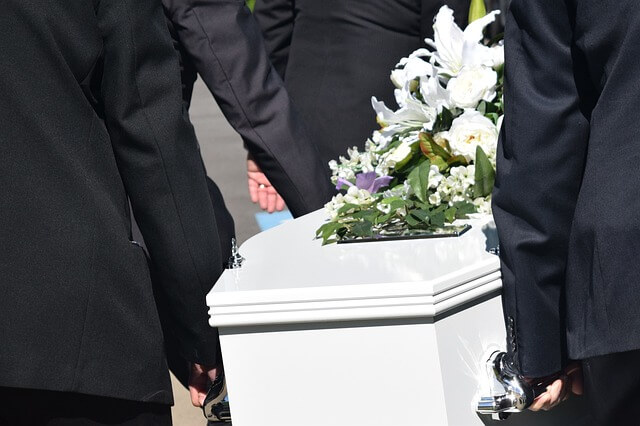Funerals are VERY cultural. They are different per nation and they are different in the faith and they are different in each individual family system. That being said, I thought it might be helpful to someone to know the foundation of officiating a funeral in the US in the midwest.
A typical funeral looks like the following:
The welcoming
Music
The reading of the obituary
More music
The message
Final music
Instructions and dismissal
There are a few important things I learned, tips that I might pass on.
- Make sure that you know how to pronounce any family names and the names in the obituary prior to the service. People appreciate when their names are pronounced correctly. It’s a form of respect.
- The message is about the person, not an agenda or sermon message.
I think this is important. I once attended a funeral with a lot of my non-Christian friends. The pastor went off on all his agenda items—evolution, abortion and more. Not that these issues aren’t important, but a funeral isn’t the place for this. It was terrible. My non-Christian friends were offended and so was I. My ability to witness to them was diminished. A funeral is not a time for the minister to get an agenda across. It’s a time to remember the deceased.
The message is also not a sermon message. That’s what Sundays are for. Yes, please use Scriptures of comfort (“Jesus wept”) and yes, it can be a time to speak the gospel if you feel led. Just keep it short and simple.
Again, the primary focus is to honor and remember the deceased. - If you don’t know the person, it’s not always bad if you are among a more informal group of people to ask for memories. But to do this you need a roving microphone and not have people come up. If you ask people to come up, it’s awkward to get them through a pew and up to a mic stand. Ask the funeral director prior if you choose to do this. And also make sure it’s ok with the family. Some families are more or less formal than others.
If it is a more formal family, make sure to collect stories before-hand of the 3 things that you want to highlight about their life (point #5) and just tell these stories from the pulpit. - If you know the person, share sweet and fun memories of the person. Highlight their character and what made them special. Memorable and touching is good.
- In the message tell 3 things that their life stood for and examples of that. For example if they stood for kindness, then give stories and examples of how the kindness was shown to others in specific ways with specific illustrations. Not just, “She was a kind person” but “once at 2 am someone needed help. She got dressed and went to the hospital to be a support” or something specific.
- Don’t preach them in heaven or hell. This is one I was taught and have seen the wisdom of many times over. Although at times when I know them and know that they know the LORD well, I will say we will see them in heaven again. But generally speaking if you don’t know them, or they were not righteous people, do not say in the service or to the family whether they are in heaven or hell. Let God be the judge of that. We never know what happens to a person in the heart in their final moments. It’s possible they lived a terrible, wicked life but in God’s mercy on their death bed they repent and God receives them. We don’t know.
- Treat funeral workers well. I just was at a funeral this week with a family that is very easy-going. They are quick to forgive and look past mistakes. The funeral workers told me afterwards that this was very rare. Most families are mean and angry with them. Yes, the families are vulnerable and it’s their worst time. But kindness to the funeral home workers makes an impression. They are people too.
- Family dismissal. Typically the family sits in the front. When you dismiss the people, do so one row at a time starting with the family and moving back. This allows the family to be the first ones out to greet those who attended the funeral as well as get tissues and a bathroom break if needed.
- After the family has made all the final greetings, it’s good for them to go back in and have a personal, final good-bye for themselves. This is important too. Just make sure to communicate this to the funeral home.
Funerals are holy events. They should be treated as such with respect. But hoping this basic foundation helps someone.

